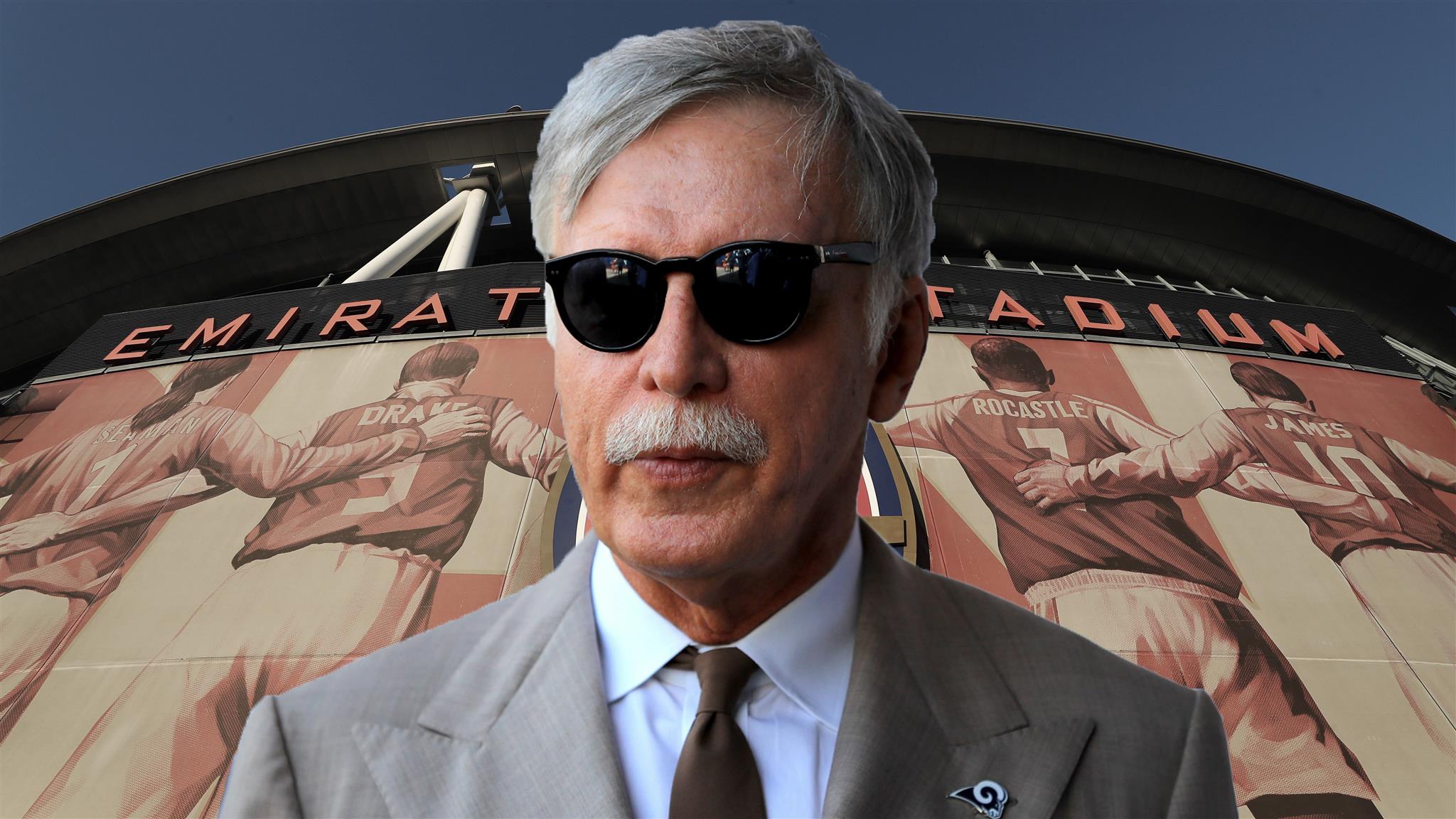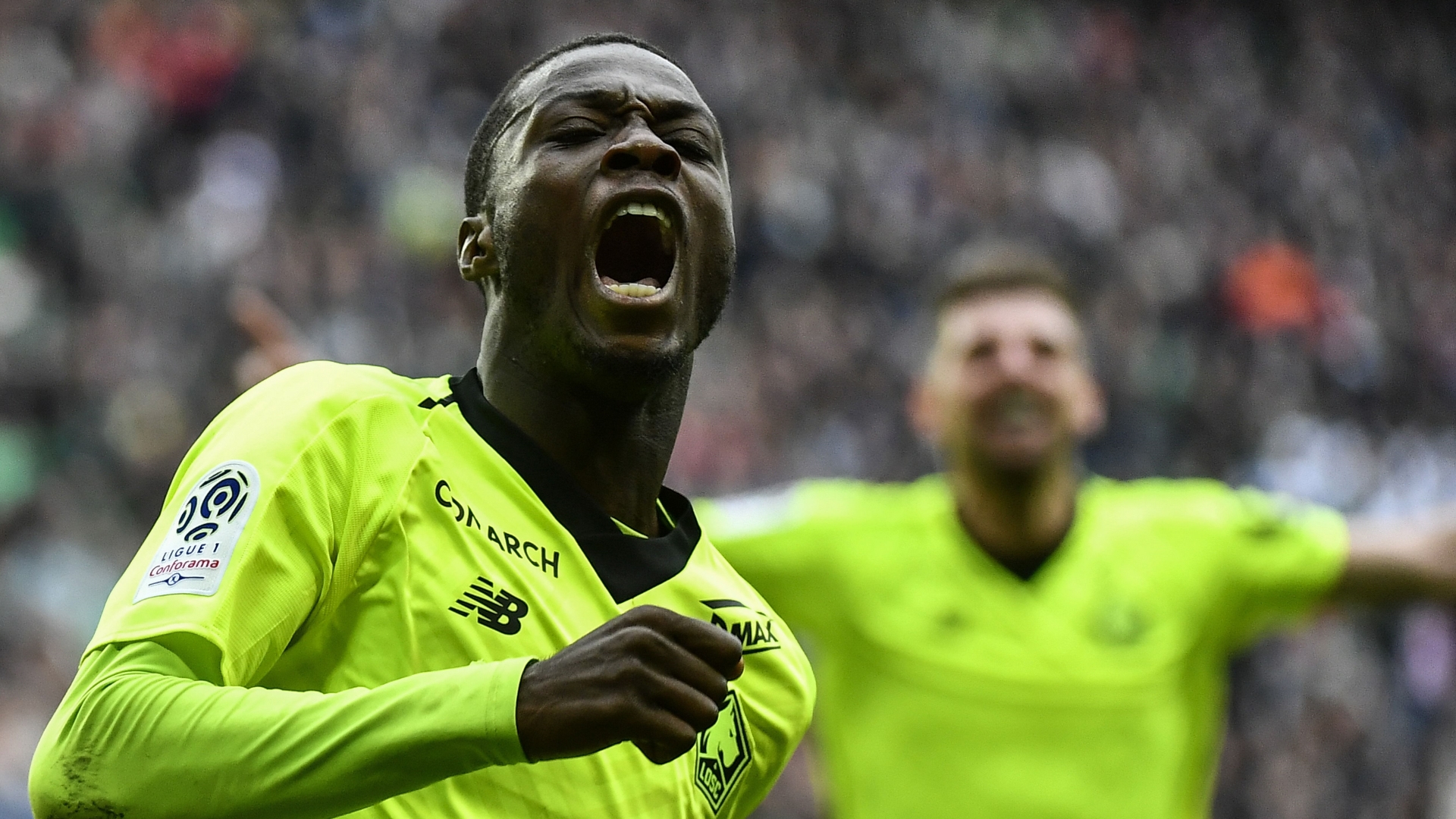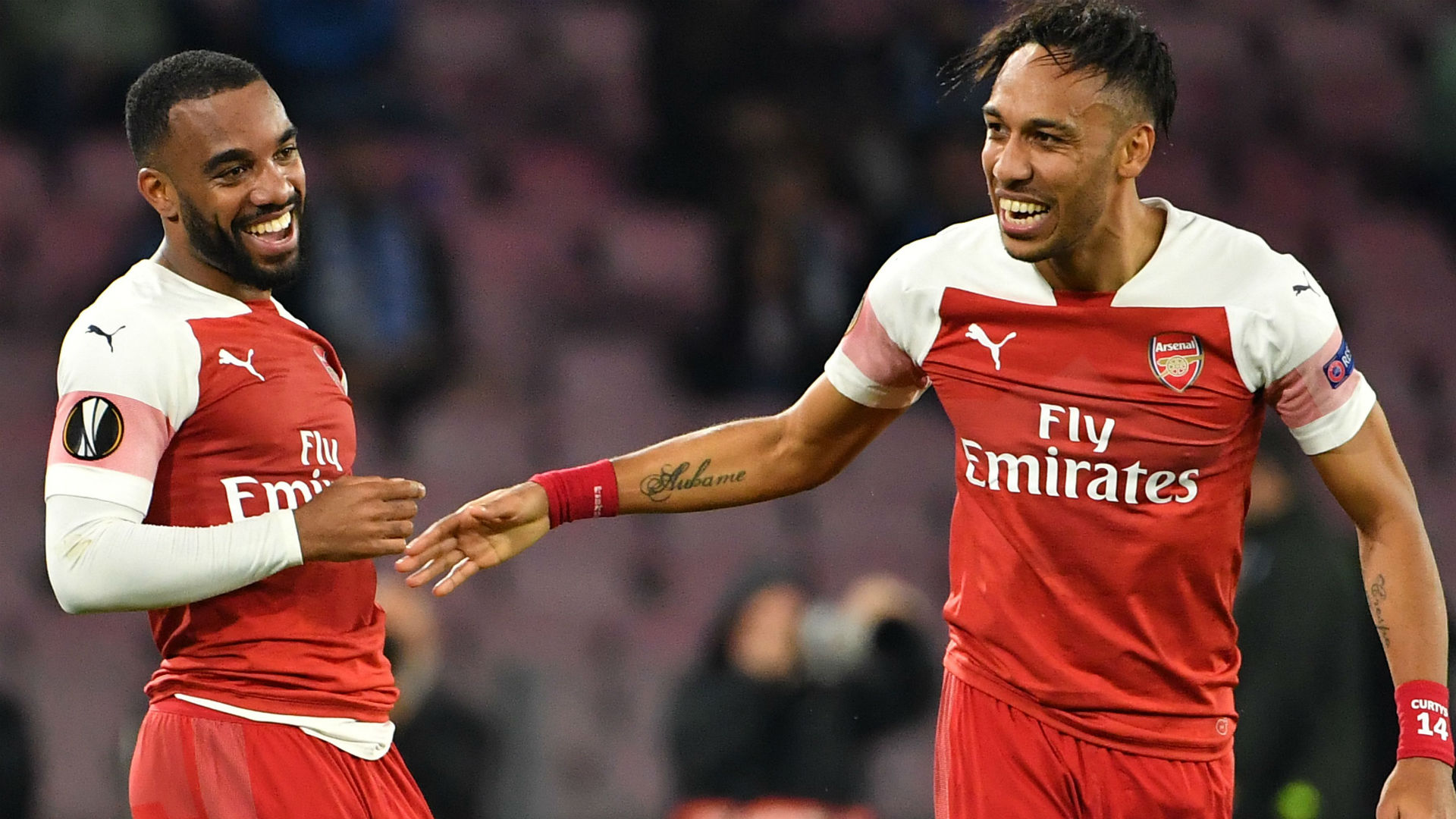
It all looked so positive for Unai Emery just over a fortnight ago.
The 1-0 win at Watford on Monday, April 15 moved Arsenal back into the top four, level on points with Chelsea but with a game in hand.
Arsenal were in control of their own destiny with a guaranteed route back into the Champions League tantalisingly close.
But now, just two weeks later, the picture looks very different.
Three successive defeats against Crystal Palace, Wolves and Leicester means Unai Emery’s side are relying on Chelsea to slip up during the final two games of the season.
If that doesn’t happen and the Blues pick up maximum points from their matches against Watford and Leicester, then Arsenal can only finish fifth, even if they beat Brighton and Burnley.
It’s been a dramatic turnaround, a collapse that few would have expected given the form Emery’s side had started to show during March.
And it all puts even more pressure on the Europa League semi-final with Valencia, with the first leg taking place at the Emirates on Thursday night before the return leg at the Mestalla next week.
With a Champions League spot on offer to the Europa League winners, it provides a ray of light amid the current gloom in north London and it’s an opportunity Arsenal can’t afford to let slip through their fingers.
But what would the consequences be of spending another season outside of Europe’s elite club competition? We take a look.
A limited transfer budget


Even if Arsenal do make the Champions League, the budget Emery will have to play with in the summer will be pretty minimal compared to some of the Premier League’s big spenders.
With the club forecast to make an operating loss of £70 million this year due to falling revenues and increased costs, combined with no significant player sales, money is extremely tight.
It’s well known that Stan Kroenke is not an owner who will reach into his own pocket, in fact he hasn’t even spent £1 of his own money since he arrived in north London.
Arsenal remains a club that runs to a self-sustaining model and, as we saw in January, the money pit is running dry.
There will be some cash available, with the new commercial deals with Adidas and Emirates kicking in, but club sources have made it clear to Goal that the budget will be around £45m without Champions League football.
Given the areas that need improving, that will make things very difficult for Emery to get in all the players he believes he needs to strengthen his squad ahead of the 2019/20 season.
Overall finances will be hit
As mentioned above, financially Arsenal are not in the best of states right now.
The club’s financial model has been based around qualifying for the Champions League each season – but failure to qualify this year means next season will be the third successive campaign of Europa League football for the Gunners.
It’s estimated that Arsenal’s financial performance for the year 2017/18 saw a £40m drop in revenue from 2016/17 – with £35m of that being put down to a lack of Champions League football.
At the same time the wage bill spiralled by nearly 18 per cent, rising from £200m to £235m – a figure that takes into account the pay-offs for Arsene Wenger and his coaching staff.
This was all covered though by player sales, with the club recouping big fees for the likes of Theo Walcott, Olivier Giroud and Alex Oxlade-Chamberlain.
That all meant that despite Arsenal’s drop in revenue, the club made a pre-tax profit of around £70m, but given the lack of player sales this time round it’s forecast that the club could be heading towards a loss of between £60m/£70m.
It’s not a sustainable model and is a clear indication of how important the Champions League is to the club’s finances.
Transfer targets will look elsewhere


It can’t be underestimated just how important Champions League football is to players around the world.
Given the competition that exists in the transfer market, teams who can offer a guarantee of being part of Europe’s top competition stand a much better chance of landing a target amid rival interest.
Nicolas Pepe at Lille, for example, is a player the Gunners have tracked for some time, but given his price tag (potentially as high as £60m/€70m) and the fact that the likes of Liverpool and Bayern Munich are said to be interested, it would be all but impossible for Arsenal to land the Ivory Coast international without being able to offer Champions League football.
Arsenal have been known as a club that goes hand in hand with the Champions League, but after two successive seasons in the Europa League that is a reputation that is beginning to wane.
It makes things difficult in the market, especially when you have a fairly limited budget. One way round it is offering big wages, but that is something the north London club are now reluctant to do as they are in the process of trying to reduce their wage bill.
So another season of Europa League football will make things tough if Arsenal end up going head to head for a player who is also being targeted by a Champions League club.
Potential commercial deals could be damaged
We’ve seen in the past two seasons how tough it is to fill the Emirates on a Europa League night, especially in the group stages.
Despite the official figures which make out that the ground was almost full because they are based on tickets sold, it was clear against Vorskla, Sporting and Qarabag that there were at least 20,000 empty seats on show.
That’s a lot of lost revenue in terms of money spent inside the ground, but it’s also a bad image to send out commercially.
A big reason for Arsene Wenger finally leaving the club was down to a significant drop in attendances during his final season in north London.
It didn’t look good on TV and the Emirates hierarchy were concerned what it could mean going forward in terms of attracting sponsors.
Big companies want to be associated with Champions League nights, not Europa League games being played out in half empty stadiums.
Keeping players will be difficult


Given the form towards the end of the season, Arsenal fans might not be too worried about keeping hold of the majority of the current squad.
But despite their recent struggles, there is still plenty of top talent inside the Emirates changing room – and they will all want to be playing Champions League football.
So the longer Arsenal are not in the competition, the tougher it will become to keep hold of the club’s top assets.
The likes of Alexandre Lacazette, Hector Bellerin and Pierre-Emerick Aubameyang could get itchy feet, while it would be no surprise to see some rival clubs target some of last summer’s signings such as Bernd Leno, Lucas Torreira and Matteo Guendouzi.
Keeping hold of those players will become more difficult the longer Arsenal are forced to play in the Europa League.
Even if no immediate offers come in, it will make future contract negotiations more complicated because of the financial constraints caused by the lack of Champions League money.

Be the first to comment